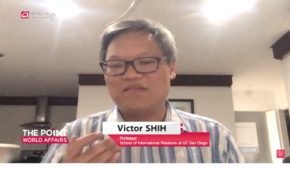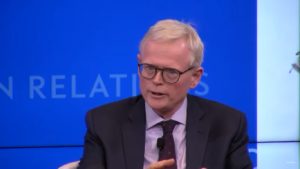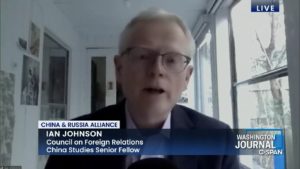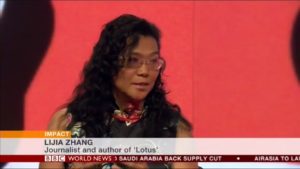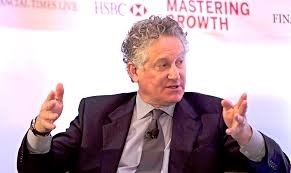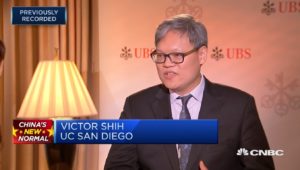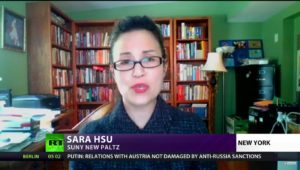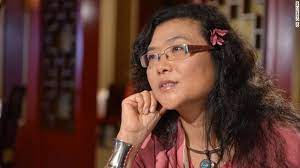
The rest of the world looks with interest at the assumed friendship between China and Russia. Still, that relation is not as close as many believe, says author Zhang Lijia in an analysis in the South China Morning Post. The powerplay is way more important than the assumed friendship, she writes.
Zhang Lijia:
But a leaked memo, reportedly from Russia’s Federal Security Service (FSB) tells a more sobering story – one of deep mistrust, strategic anxiety and growing alarm over China’s rise. The document describes China as a potential threat, even an enemy. It outlines fears of Chinese espionage, economic encroachment and cultural infiltration – especially regarding Chinese technology and creeping irredentism over former Qing territories like Vladivostok.The memo – assessed as authentic by Western intelligence agencies – lifts the curtain on a relationship that is far more fragile than official statements suggest. As historian Sören Urbansky, an expert on Sino-Russian relations at Ruhr University Bochum in Germany, told me: “China and Russia are not natural allies, but strategic partners brought together primarily by their shared opposition to the West, rather than by trust or deep mutual affinity.”
This underlying mistrust, particularly within Russian security circles, doesn’t surprise those who closely follow the relationship – myself included.
More in the South China Morning Post.
Zhang Lijia is a speaker at the China Speakers Bureau. Do you need her at your meeting or conference? Do get in touch or fill in our speakers’ request form.
Are you looking for more political experts at the China Speakers Bureau? Do check out this list.


